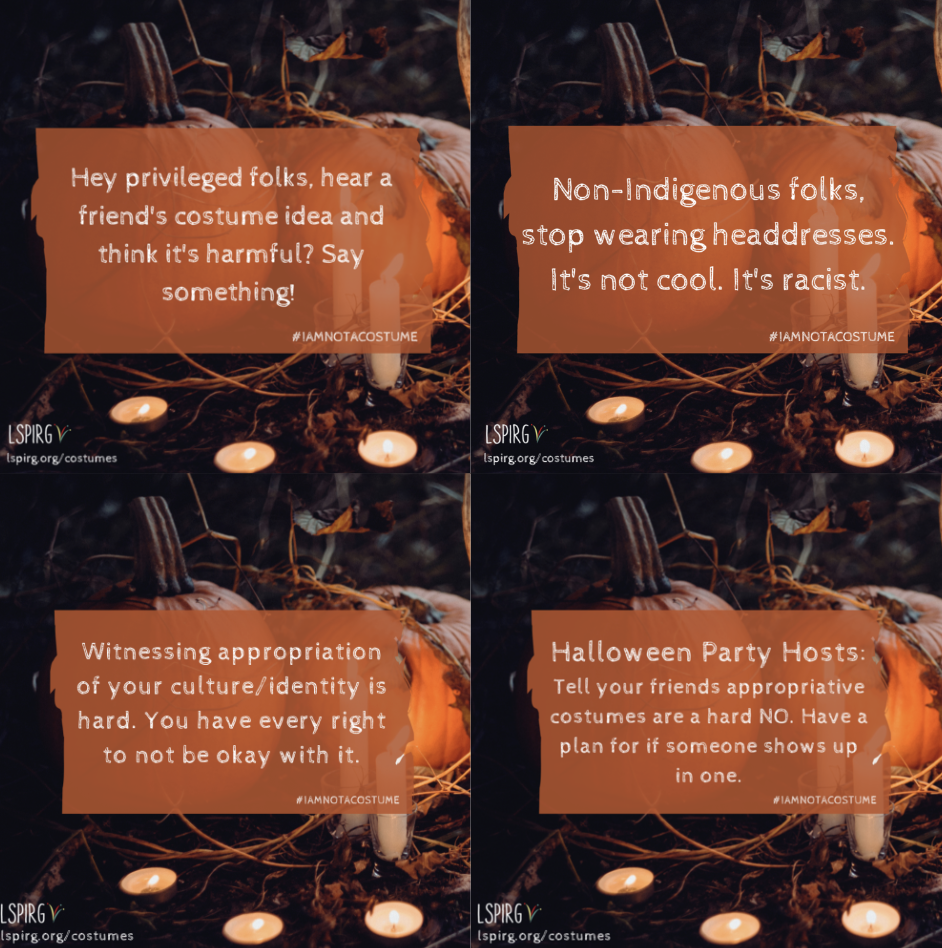Wilfrid Laurier University is advising students against dressing up as ninjas, prisoners or hula dancers for Halloween – claiming that these costumes entail offensive appropriations.
The Instagram account for Laurier’s student residences posted tips on “how to responsibly and respectfully dress up for Halloween this year,” asking students to avoid several costumes because of “cultural appropriation.”
Before picking a costume, students should ask themselves if their costume “makes fun of human traits, identities, cultures, or races [or] represents an identity that isn’t their own… reduces culture, gender, or religion to stereotypes.”
The post also provides an exhaustive list of costumes that students should avoid. This includes costumes of Indigenous peoples or those that make fun of sexual and gendered violence as well as those that depict transgender people.
Students must also not dress up as ninjas, prison inmates, mentally ill persons in psychiatric facilities, hula dancers or as homeless people.
“If you’re reading this and thinking, ‘But it’s just a costume’. Take a moment to reflect on why you think that’s the case.” says the post. “It’s likely that your culture and/or identity has not been historically and currently trivialized, mocked, and viewed as ‘funny’ or ‘scary’. It may be viewed as ‘just a joke’ but that joke comes at the real expense of folks’ safety and security.”
The Laurier Students’ Public Interest Research Group also runs an annual “I am not a costume” campaign, to “generate dialogue on campus and in the community about various forms of oppression in a critical and proactive way.”
As part of their campaign, the group offers advice for “privileged folks” to not offend on Halloween.

Students are encouraged to host “equitable” Halloween parties revolving around “a theme that isn’t centered on appropriation.” Students should promote themes “that encourage people taking characters with privileged identities and making them their own, and/or continuing to engage with existing positive representation.”
Those hosting parties should also plan for in case someone arrives wearing “an appropriative costume” – such as asking them to leave or giving them the option to change into another costume.
As for those triggered by one’s costume, the Laurier Students’ Public Interest Research Group encourages them to practice “self-care.”
Wilfrid Laurier University did not respond to True North’s request for comment.

